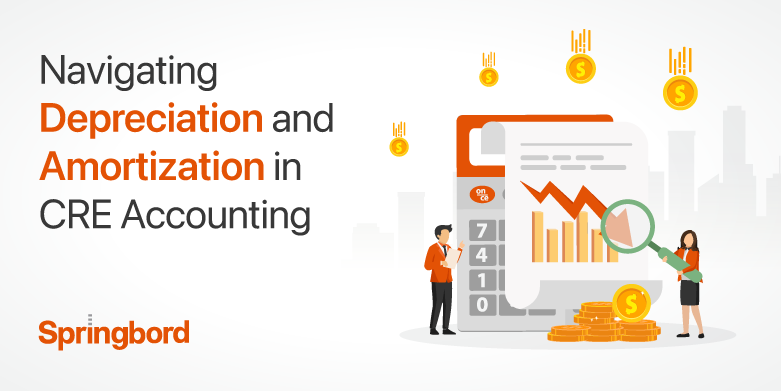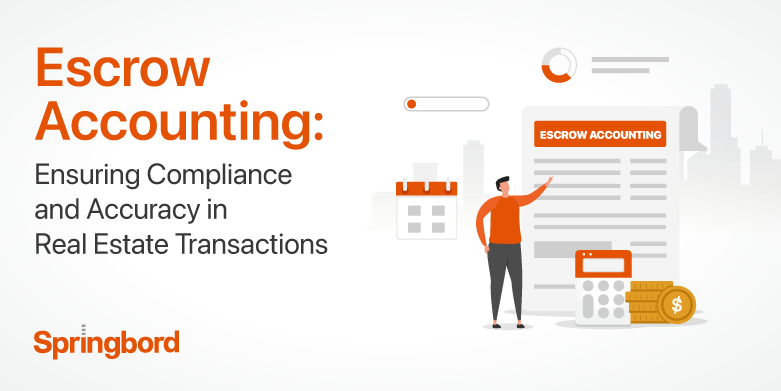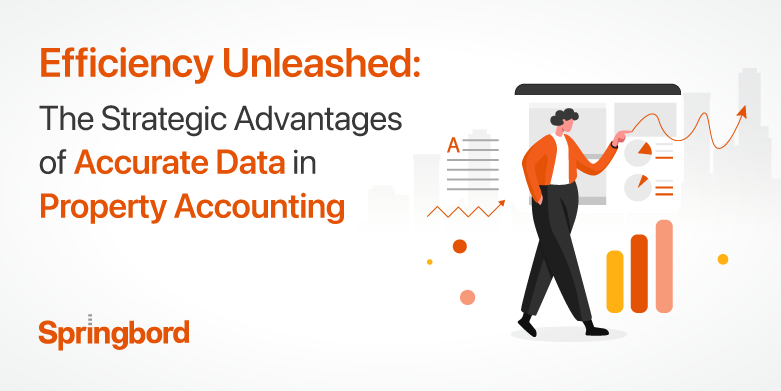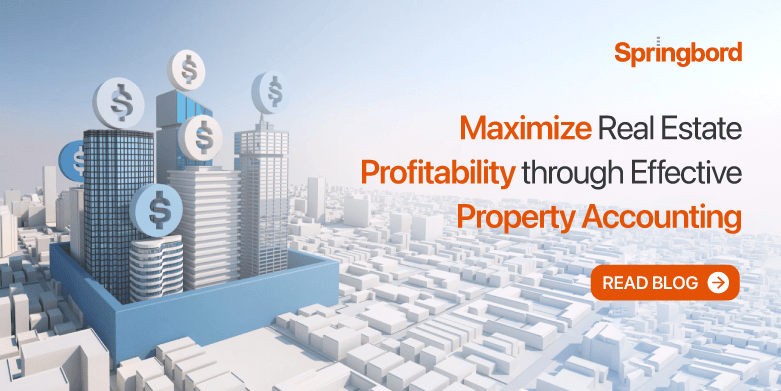M
E
N
U
Financial statements are the backbone of any real estate decision-making process. They provide invaluable insights into the financial health, performance, and potential risks associated with real estate assets. Understanding these statements is paramount for investors, developers, lenders, and other stakeholders involved in the real estate industry. Real estate finance presents unique challenges due to the
Introduction In the realm of Commercial Real Estate (CRE), financial reporting is not just a compliance requirement but a crucial element for strategic decision-making and investor communication. It ensures accuracy, transparency, and efficiency, facilitating informed decisions and enhancing stakeholder confidence. With challenges like complex regulatory requirements, data management hurdles, and the demand for investor transparency,
Cash flow management is a critical aspect of commercial real estate investments, directly impacting investment performance, financing, property valuation, and appreciation. In the realm of commercial real estate, Springbord’s expertise in data management and analytics can significantly enhance these aspects. By leveraging advanced data analytics, Springbord can provide deeper insights into cash flow trends and
Importance of Depreciation and Amortization in CRE Accounting In the realm of commercial real estate (CRE) accounting, depreciation, and amortization stand as pivotal concepts, especially considering the increasing complexity and sophistication required in CRE investments. These accounting methods allocate the cost of an asset over its estimated useful life, reflecting a more accurate picture of
End-of-year accounting is crucial for real estate portfolios due to the complexities and challenges inherent in property accounting. This practice encompasses tracking income and expenses, providing a clear overview of each property’s cash flow, and is vital for tax payments and audit preparations. Accounting for real estate is essential whether for small-scale property management or
Escrow accounting is vital in real estate transactions, providing a financial safeguard that ensures compliance and accuracy. This is crucial because the amount of money held in escrow can be quite substantial, typically ranging from 1-5% of the purchase price and potentially as much as 10% in cases involving new home constructions with builders. Managed
Introduction Accurate data is not only convenient but essential in the fast-paced fields of accounting and property management. The real estate sector, known for its dynamic nature, requires precise and timely information to navigate its complexities effectively. This blog delves into the critical importance of data accuracy in property accounting and how it empowers organizations
In the dynamic realm of real estate, where every property is a unique investment opportunity, keeping a meticulous account of your finances is not just a best practice—it’s a necessity. Efficient property accounting ensures that you stay on top of your game, make informed decisions, and maximize returns. In this comprehensive guide, we’ll walk you
The world of real estate is undeniably alluring, promising substantial profits and wealth creation. Yet, within this promising realm lies inherent volatility and intricate operations. To thrive in the dynamic real estate market, expansion and scalability become the cornerstones of profitability and wealth generation. Real estate players often find themselves overseeing vast portfolios of properties,
Tracking rental income emerges as a critical practice for property owners and managers alike in property accounting. Tracking rental income effectively ensures a clear and comprehensive financial landscape, promoting informed decision-making. Property stakeholders receive increased financial visibility, enhanced tax planning opportunities, and simpler operations by diligently monitoring income sources such as rent, late fees, and











